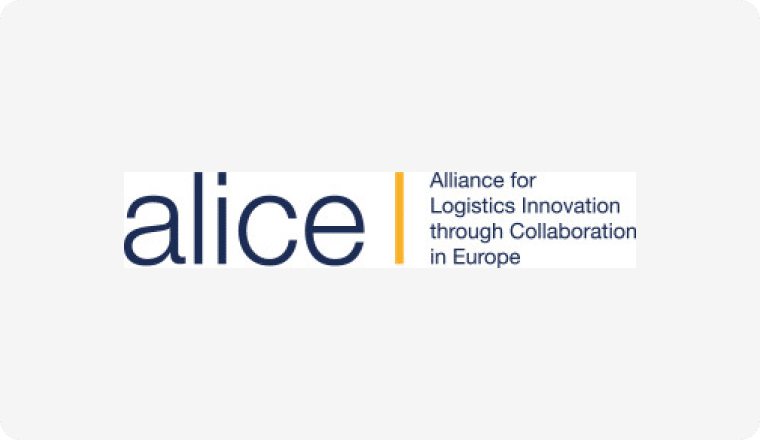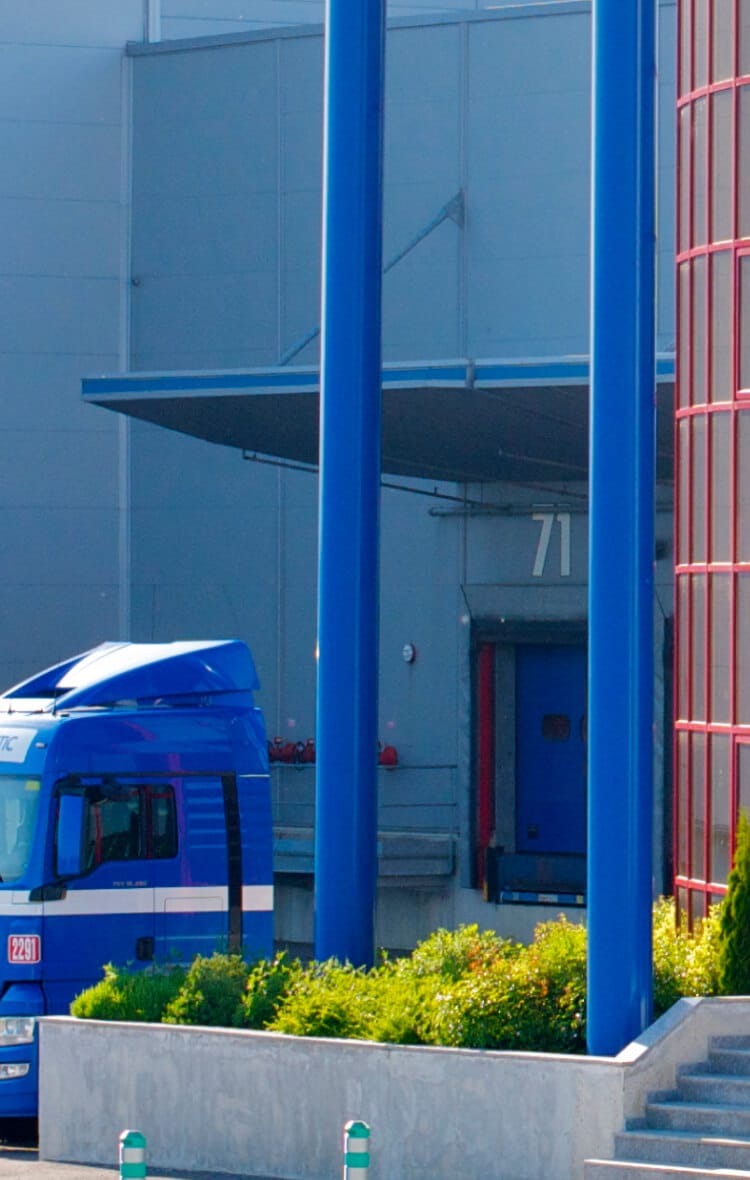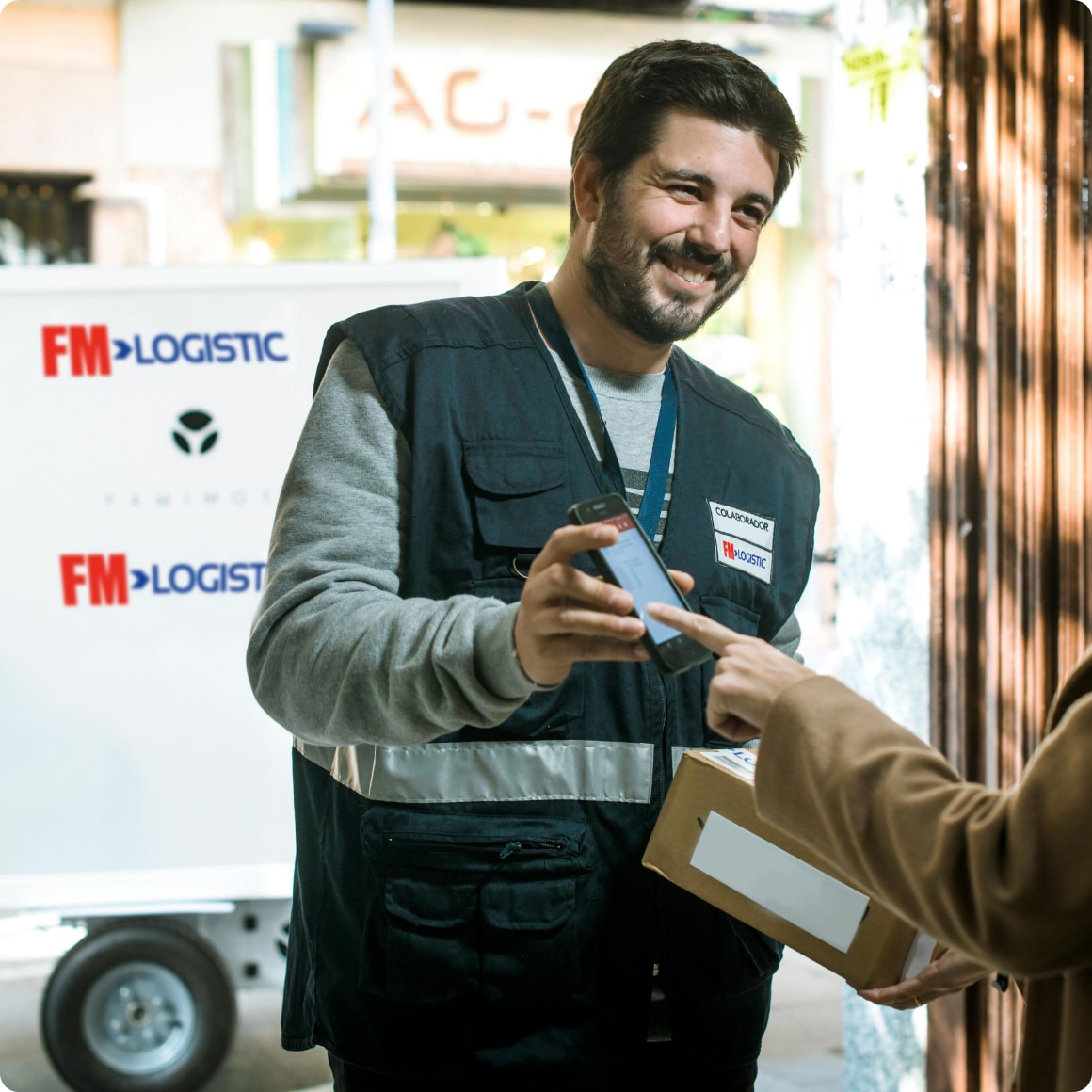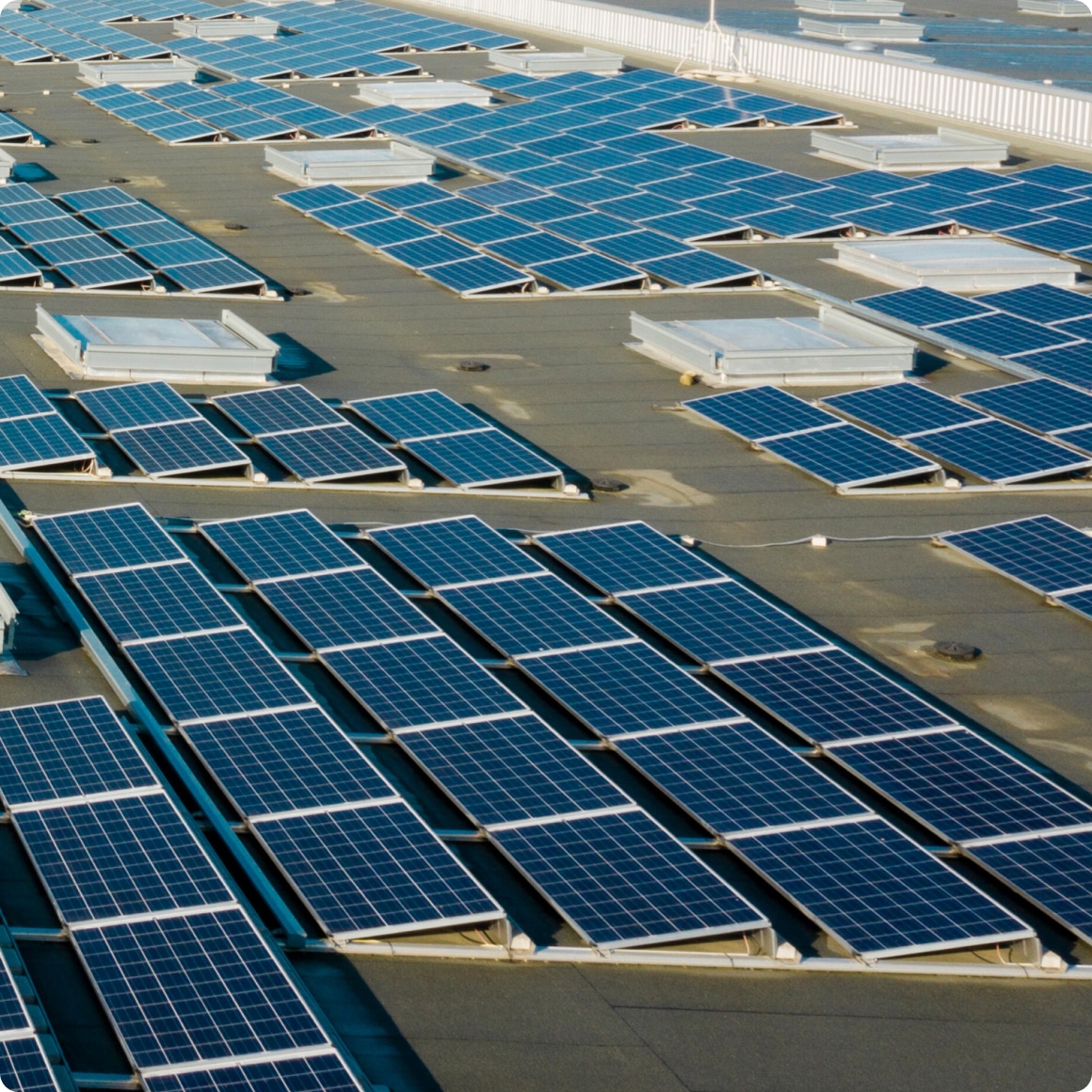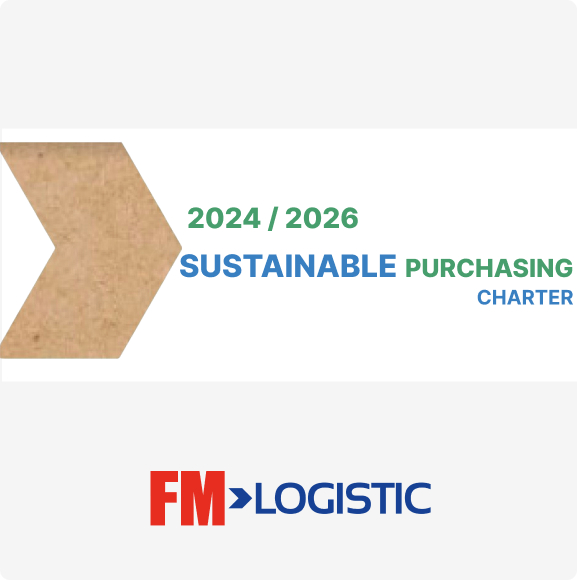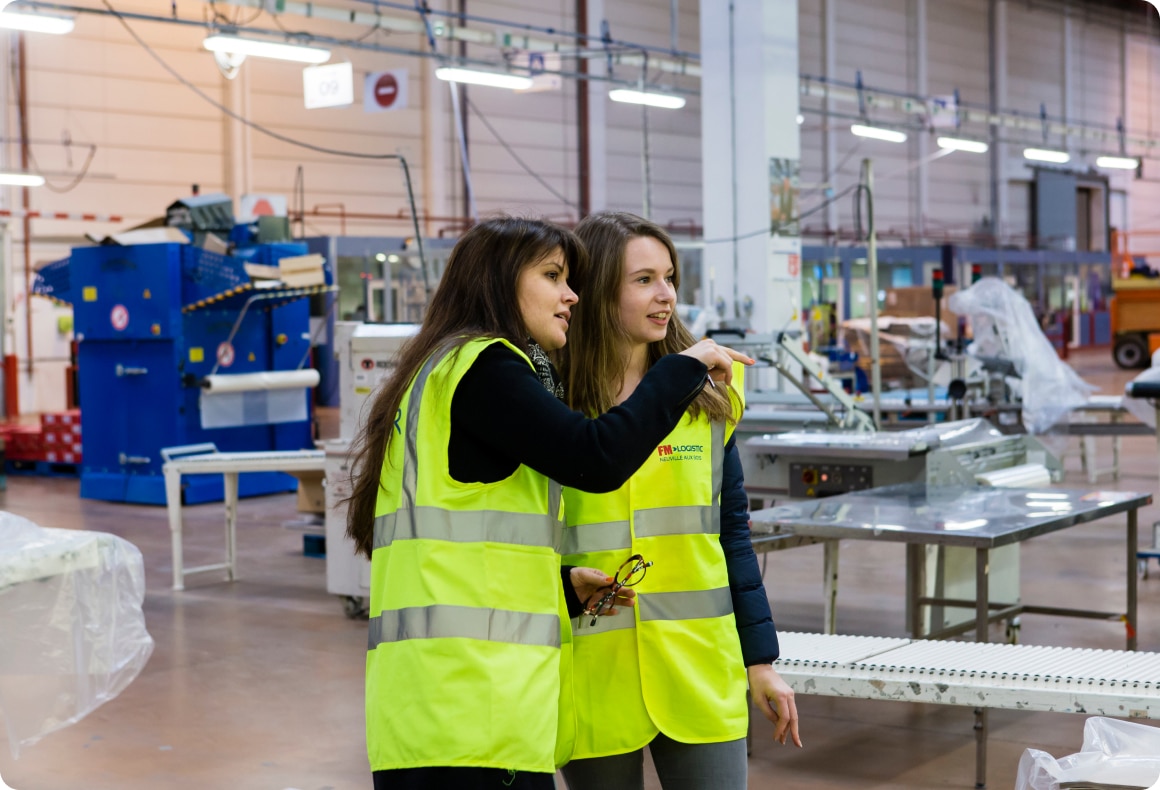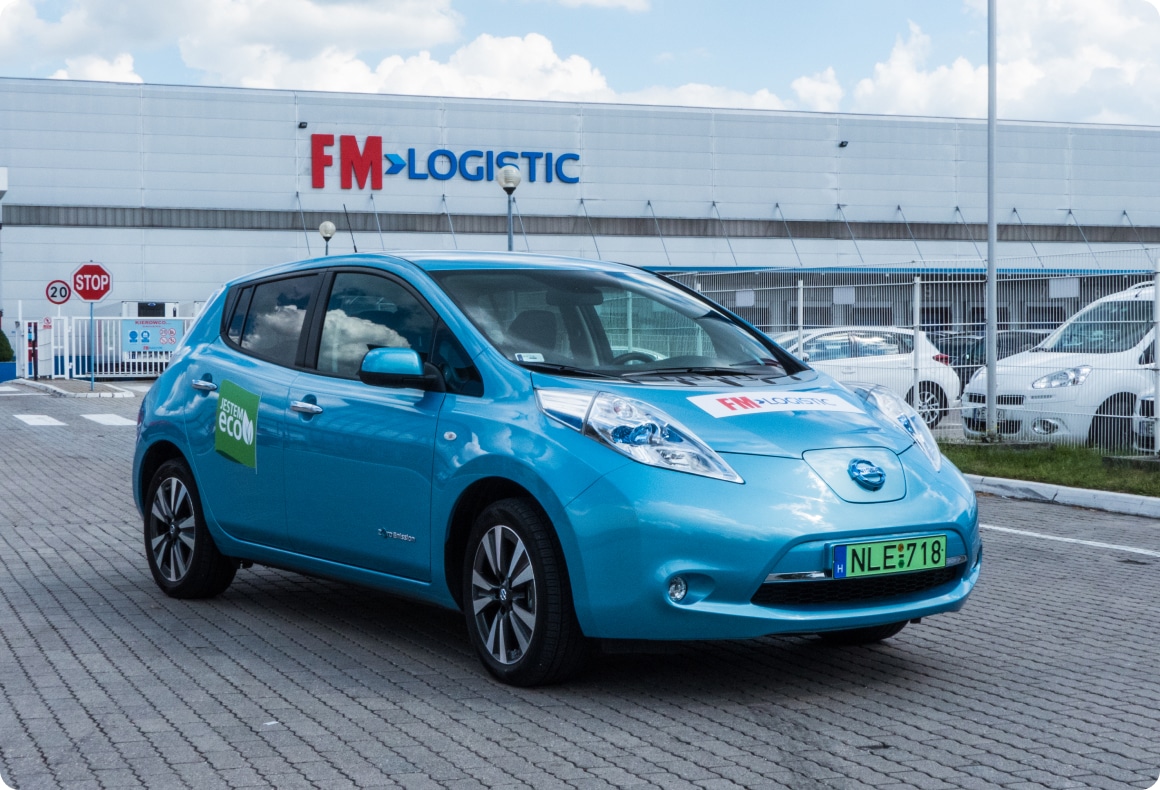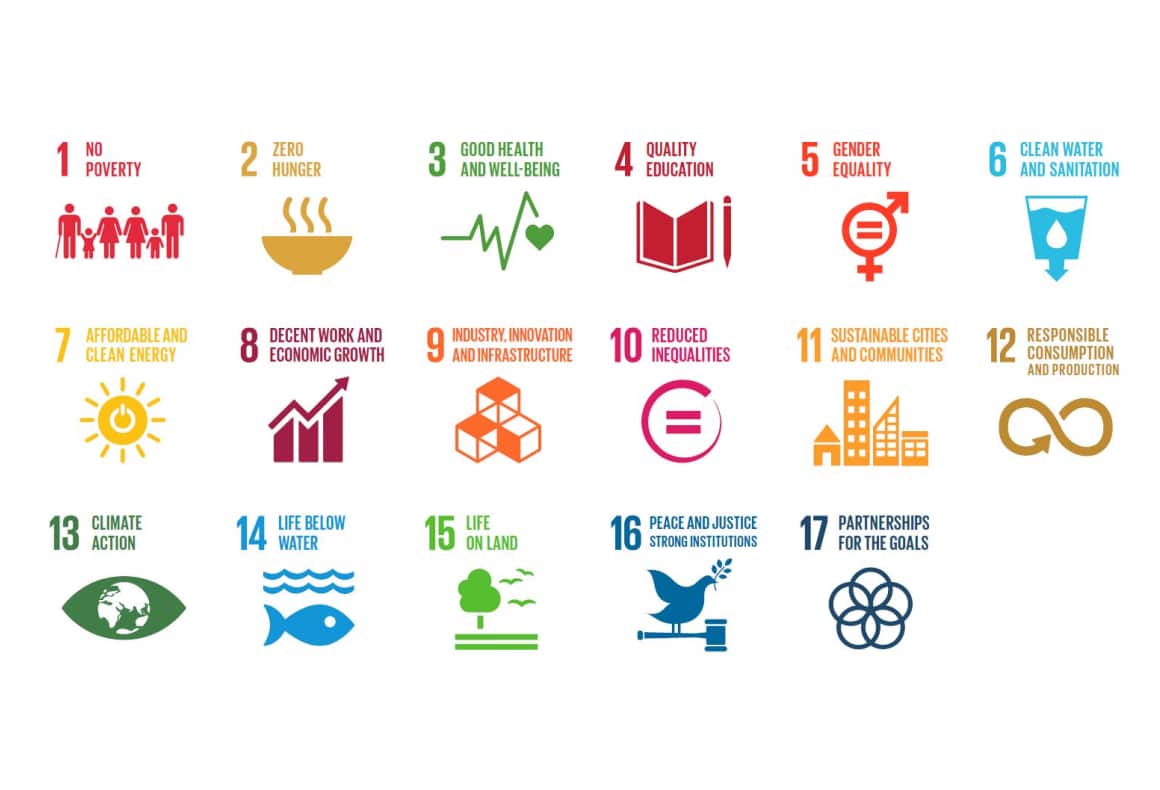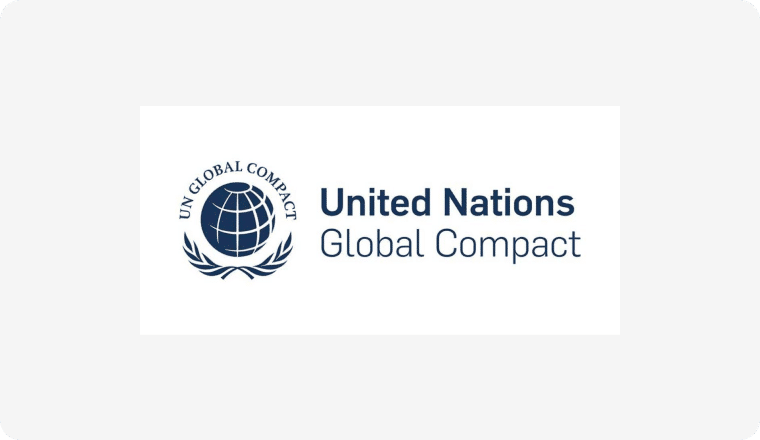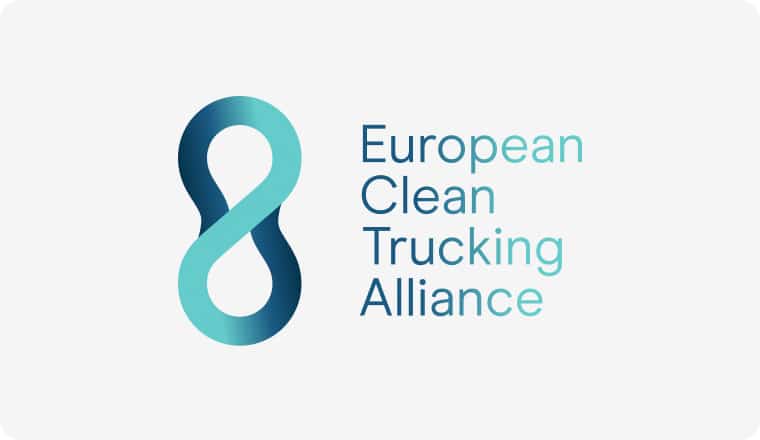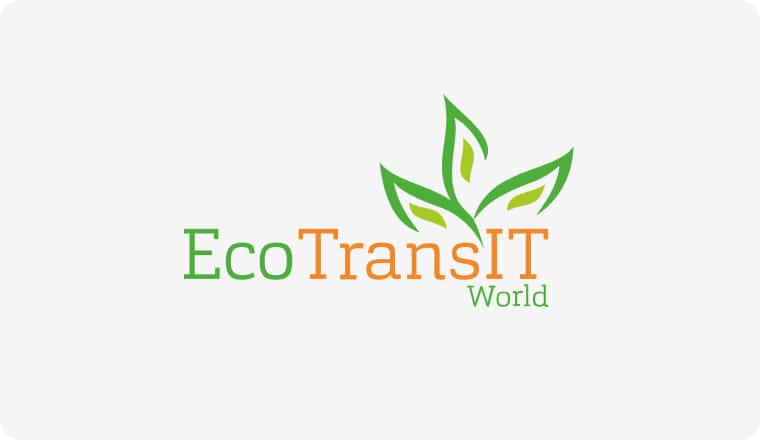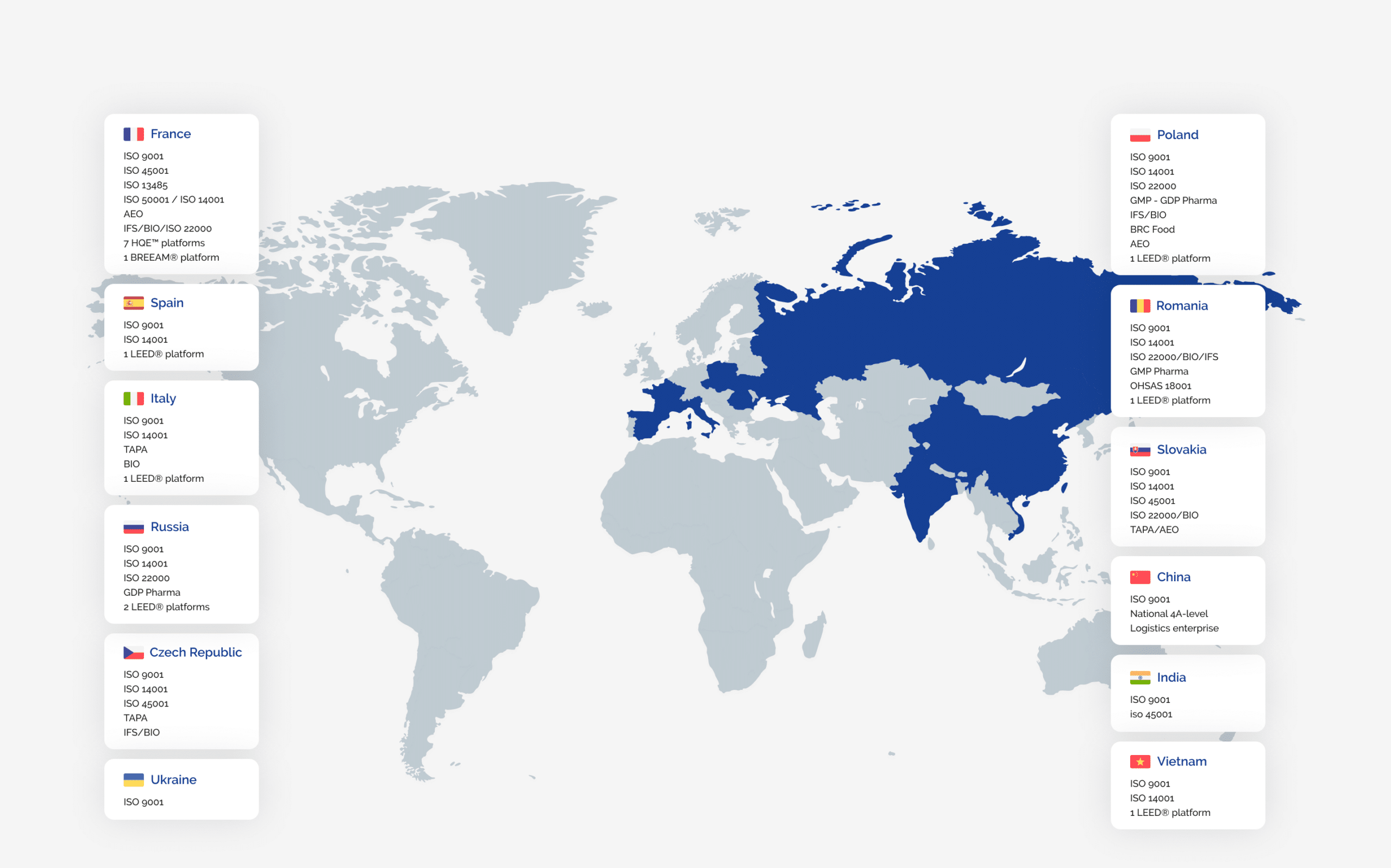Responsible Purchasing Charter
The Group Purchasing Department, in partnership with the Sustainable Development Department, presents its new Responsible Purchasing Charter, designed to strengthen ethical and sustainable business relationships as part of the ‘Supply Change‘ strategy.
The Group Purchasing Department, in collaboration with the Sustainable Development Department, has developed its new Responsible Purchasing Charter, which is presented here and fully aligned with the group’s “Supply Change” strategy.
This charter defines principles aimed at ensuring ethical and sustainable business relationships with suppliers of goods and services, as well as subcontractors, in compliance with laws and regulations. We are committed to fostering business relationships that address and mitigate risks and issues related to working conditions, the environment, business ethics, and human rights.
This charter is disseminated and implemented by the purchasing departments in each country.
Olivier Mansard, Purchasing Director Group
